

Contributor
- Topics: Archive
In recent years, I couldn’t help but be caught up in conversations about sustainable landscape practices in the urban environment. Most topics revolve around food production and lessons in agriculture. But surprisingly, it’s given me an insight on criticism and complaints I’ve faced throughout my career. Family and friends often ask, “Why don’t you grow something we recognize and can actually use and maybe even eat?!”

I’ve always believed that, as a gardener, even with my focus geared more towards collecting and designing with plants and flowers ornamentally, I knew that I had an appreciation and also the capability of growing food. As a child, my very first exposure was to produce and being forced to finish those wilted greens on my plate. Fresh fruits, however, were a particularly delicious and sweet treat. I’ve come to discover that when explaining my profession to, let’s say, a young non-gardener, fruits and vegetables are a point of reference; it is something familiar to them. In doing so, it sheds a bit of light and appreciation towards what I do. Everyone knows what a farmer is; unfortunately not everyone knows what a horticulturist is.
When you’re young, you learn fundamental basics about plants that often resurface during adulthood. And, should you walk into the grocery store or farmers market, you have an general idea of where those fruits, vegetables, and flowers came from, and how they developed—they were seeds sown, cuttings stuck, or seedlings nurtured and raised until the desired portion of the selected plant emerged. This is where a ornamental horticulturist, like myself, and a farmer pretty much share the same skill set. So anyone that can grow plants already has a significant connection to growing food because they basically already know how. It’s purely the approach and end goal that are different.
Being a skilled gardener and/or farmer has long been regarded as menial work; forced upon individuals who may have grown up on a farm and would later inherit the land or family business with the expectation that they carry on some sort of legacy. In many cultures, it is rarely ever the choice to farm as professions with far more lucrative careers offer an enticing alternative. But in the past few years, most young farmers are emerging from major cities. Well educated and aware of today’s exponential population growth and dwindling resources that are becoming apparent in our daily lives, they wonder if we have enough of these resources to survive given our demands of the planet.

This mindset has produced a plethora of urban farm projects throughout the country and the movement is gaining tremendous momentum, popularity, and support. Not only are these new urban farms training young farmers, they are training future entrepreneurs and better stewards for our environment.
Share:
Social Media
Garden Futurist Podcast
Most Popular
Videos
Topics
Related Posts
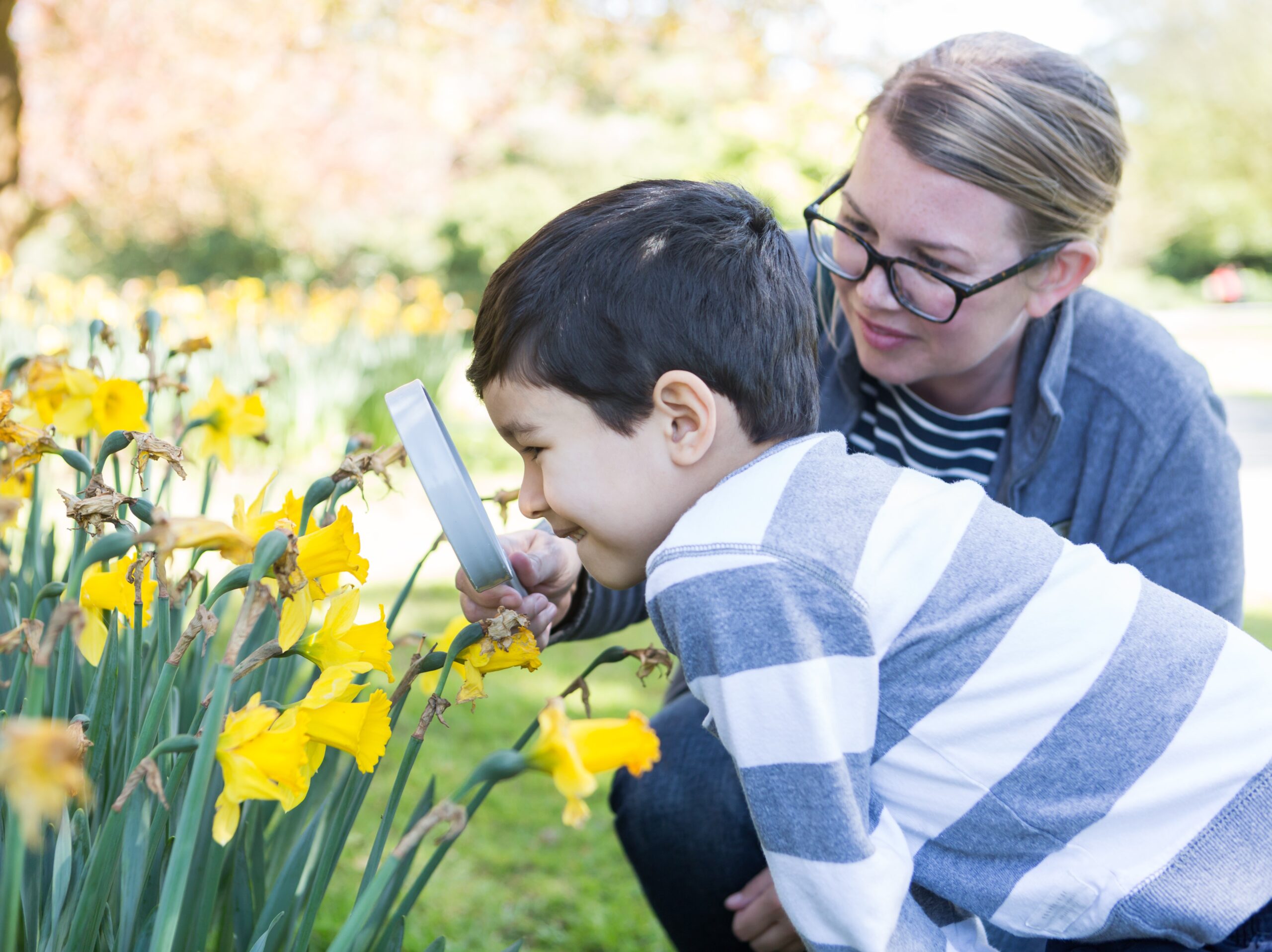
January Showers Bring February flowers…
Fall 2022 It may not quite have the same ring to it as the old English proverb, but it has a lot more truth to
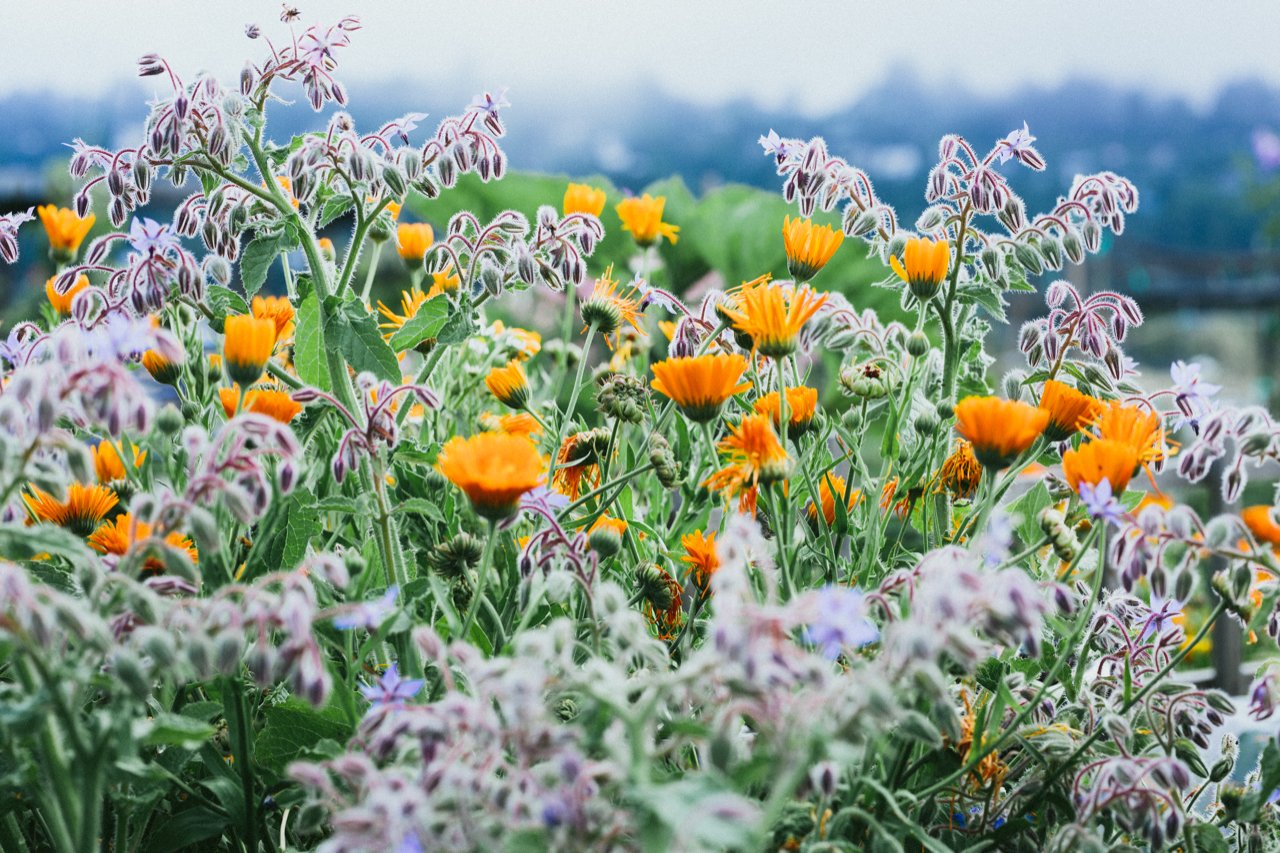
Healing Gardens
Spring 2022 Emily Murphy believes gardens hold the key to saving our health, our communities, and our planet. In her new book Grow Now Murphy
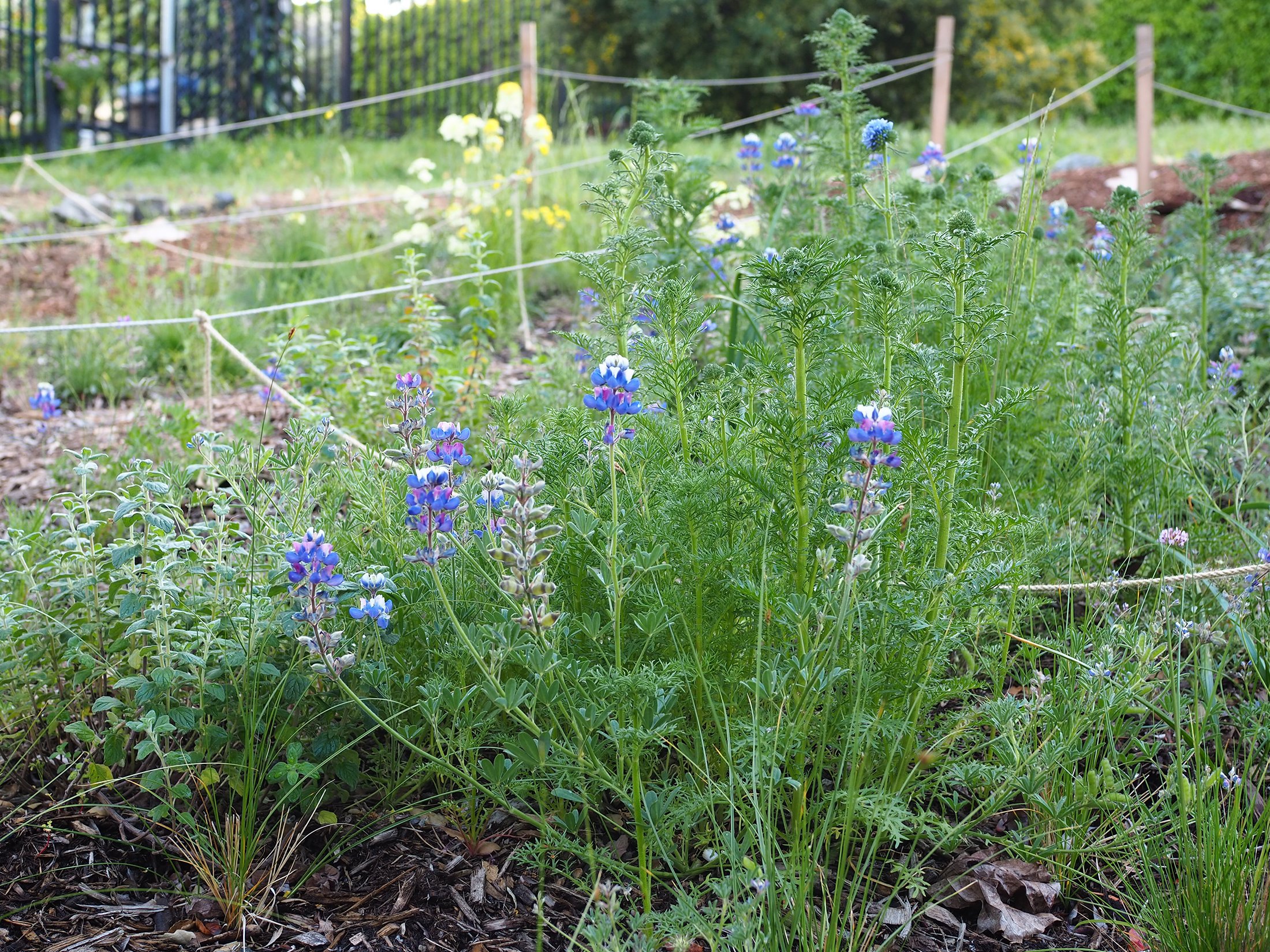
Your Keystone Plant Matrix with Garden Futurist Doug Tallamy
Spring 2022 Listen to the full Garden Futurist: Episode XIV podcast here. If you take Keystone plants out of your local food web, the food
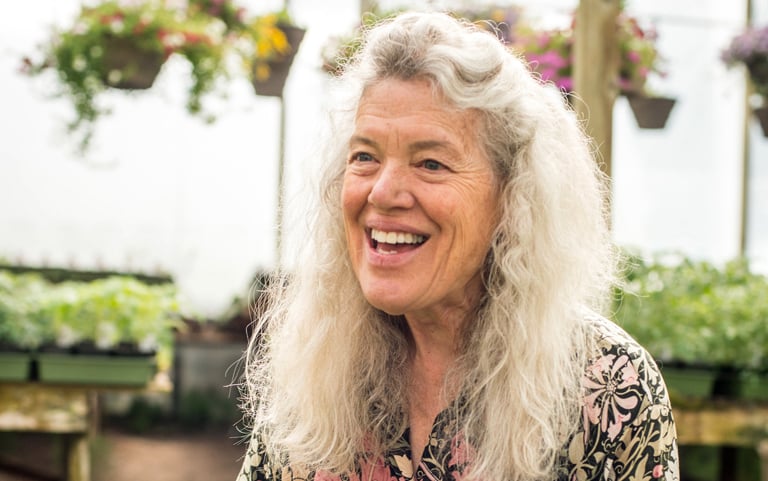
A Botanical Force
Listening to Alice Doyle recount the origin stories of Log House Plants’ most popular introductions, educational campaigns, and innovative collections is a great way to





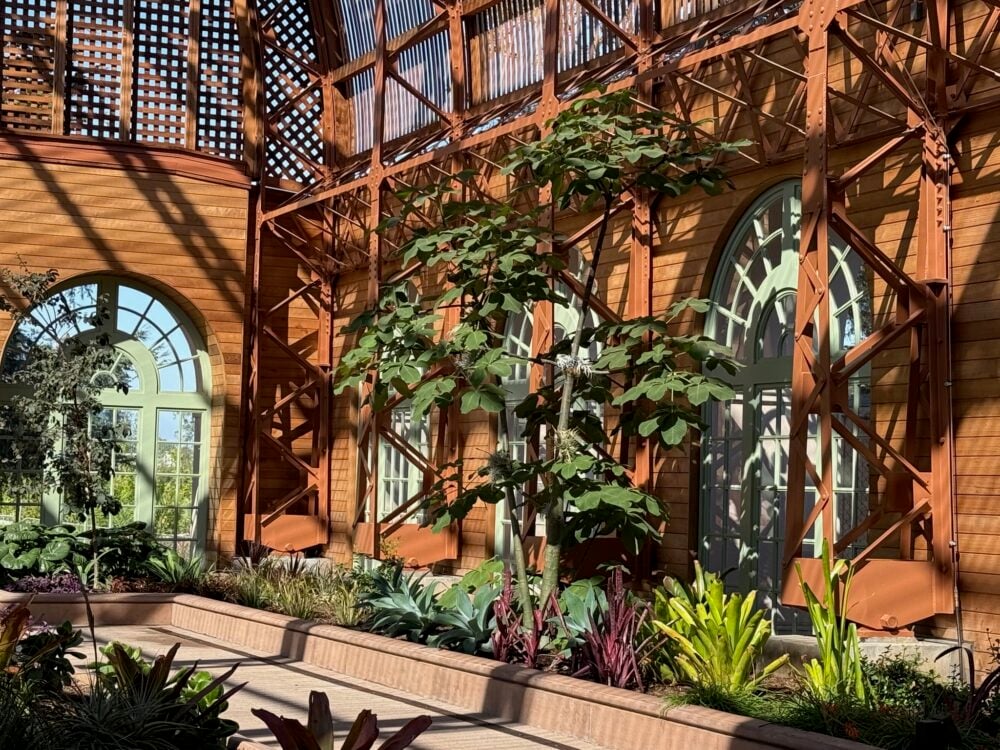



Responses